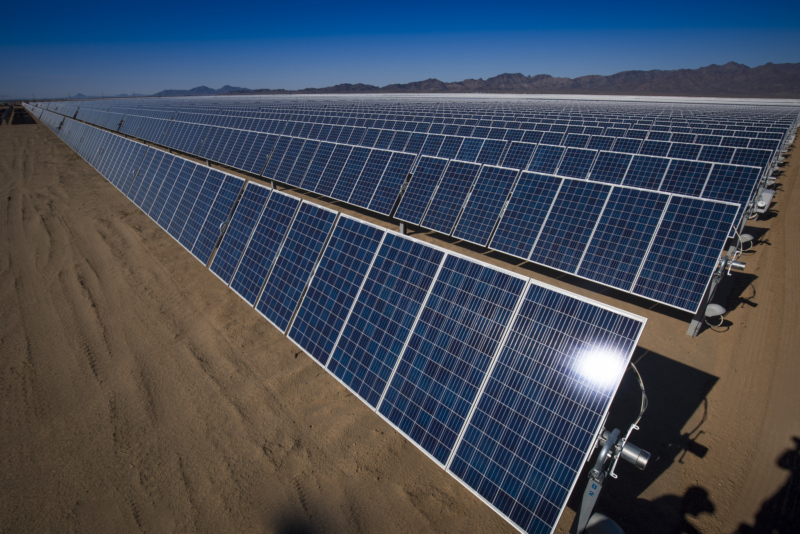Rising Brazil: The Choices Of A New Global Power
What should we expect from a newly powerful Brazil? Does the country have the capacity and leadership to be a central actor in addressing critical global and regional problems?
This post is also available in: Español
One of the sunniest places on earth, Chile’s Atacama Desert, has the highest solar irradiance in the world — and the potential to generate enough electricity to power all of South America. But the desert, which covers over 100,000 square kilometers (about 38,000 square miles), is in Chile’s remote north, far from major cities.
In November, the country finally completed transmission lines connecting its huge solar power plants in the northern desert to the densely populated south, allowing lower prices and more reliable energy supplies. If Chile would connect those solar projects to Peru’s power grid, and Peru extended it to Brazil, Bolivia and Ecuador, millions of people throughout South America could benefit from this clean energy source.
Demand for electricity is increasing rapidly in Latin America: Growing middle classes are buying appliances, while many countries are embracing energy-intensive industries. Electricity consumption is projected to rise more than 70 percent by 2030.
To meet this additional demand, Latin America is on a path to increase energy generation from fossil fuels, especially natural gas, while modestly expanding renewable energy from 64 percent of the energy matrix today to 70 percent in 2030. But if instead the region increases renewables to 80 percent of the matrix and expands cross-border connections, Latin American countries can save billions of dollars in investments, avoid blackouts and reduce their greenhouse gas emissions, according to recent findings by the Inter-American Development Bank.
[...]
What should we expect from a newly powerful Brazil? Does the country have the capacity and leadership to be a central actor in addressing critical global and regional problems?
President Lula da Silva triumphantly announced that he and his Turkish counterpart had persuaded Iran to shift a major part of its uranium enrichment program overseas—an objective that had previously eluded the US and other world powers. Washington, however, was not applauding.
As global temperatures continue to rise with the global community stalled on any way to stop them, countries must prepare to adapt to increasingly volatile environmental conditions.
 Bureau of Land Management / Flickr / CC BY 2.0
Bureau of Land Management / Flickr / CC BY 2.0